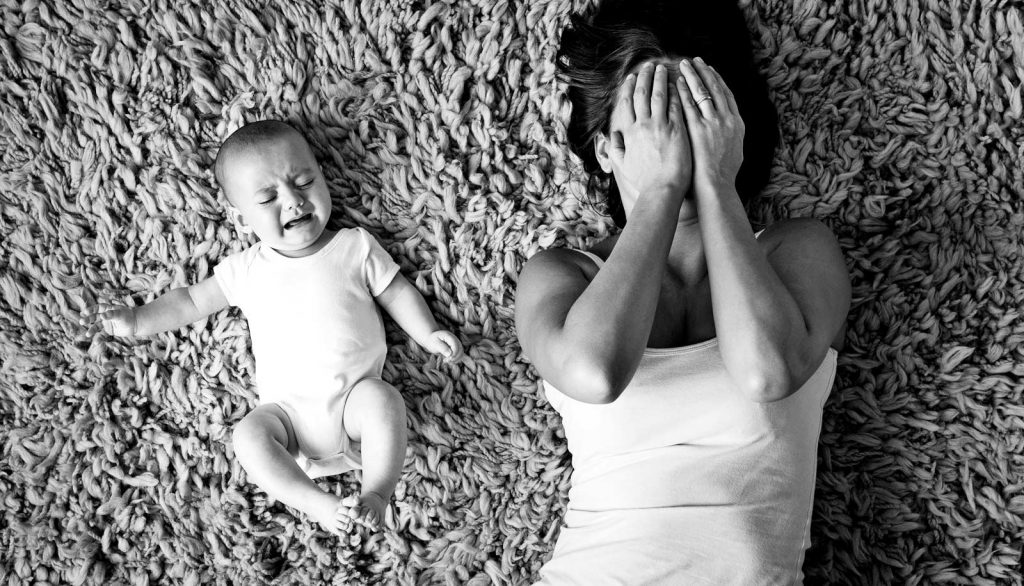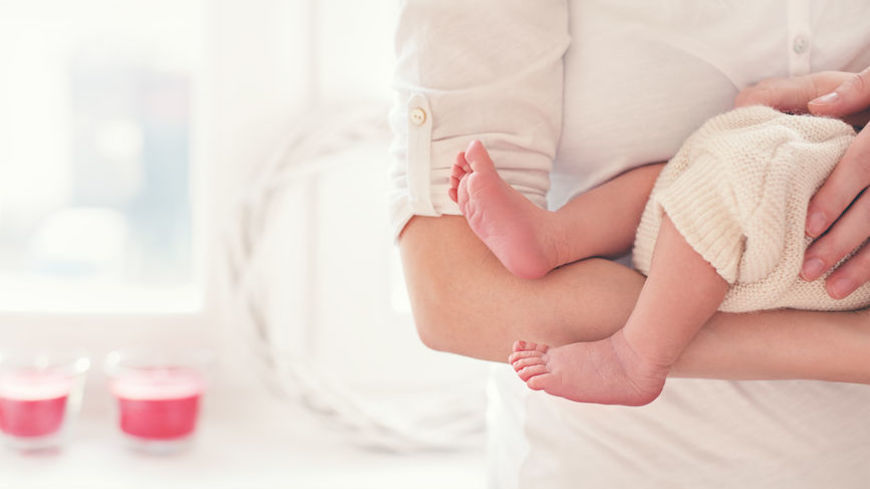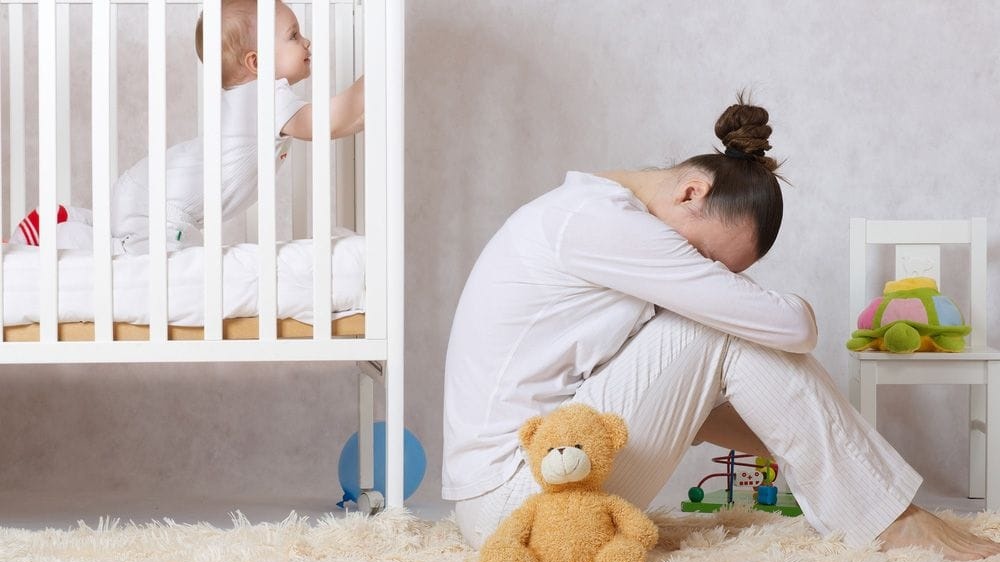Dealing with Postpartum Depression
Posted by Editor in Pregnancy and Motherhood on Jul 18th, 2020 | Comments Off on Dealing with Postpartum DepressionPostpartum depression makes motherhood difficult for a lot of women. Others are lucky enough that it goes away after a while, but it can be a burden if there is no support from loved ones and proper care for the mother and baby. There are no concrete numbers that can tell us how prevalent the condition is among women is Singapore, partly because it carries a stigma.
How do you know if you have postpartum depression and what can you do about it?

Signs and Symptoms
First of all, it is not your fault that you have the condition. A combination of factors like changes in hormones, sleep deprivation, stress and fatigue, isolation, and even financial and family problems can affect you. It also does not mean that you are a bad person. Postpartum blues will usually go away within two weeks, but postpartum depression is longer lasting.

If you recognize the following signs and symptoms, you may have postpartum depression:
- Withdrawal from your partner
- Inability to bond with your baby
- Anxiety
- Sleep and eating problems
- Feelings of worthlessness and guilt
- Irritability and mood swings
- Sadness and crying
In rare cases, some may experience postpartum psychosis which is the loss of contact with reality. It puts both the baby and the mother at risk of getting injured. Psychosis is characterized by delusions, hallucinations, extreme anxiety, confusion, inability to sleep, suicidal thoughts, and thoughts of harming the baby. Postpartum psychosis requires an emergency hospitalization.

Risk Factors
Some women are more likely to suffer from postpartum depression that others. There are a combination of factors that can elevate that risk such as the following: insecurity or uneasiness about the physical changes, hormonal changes like the drop is estrogen and progesterone, changes in the thyroid levels which can cause fatigue, physical changes like blood pressure and metabolism, and the overall stress of the changes happening in your life.
If you have a history of depression or mood disorders before pregnancy or if your family has the history or depression, you are at risk. A woman who is also abused, financially insecure, and severely stressed can be a victim of postpartum depression.

Coping with Postpartum Depression
There are a lot of things you can do to combat the symptoms of postpartum depression. It must also be accompanied with treatment recommended by your doctor and the full support of your partner and your loved ones.
- Exercise regularly. Adding exercise to your daily routine may mean more stress, but it can be a good way of releasing tension.
- Eat healthy. Avoid binging on comfort food to make yourself feel better. Stick to a healthy meal plan. If you are having a hard time preparing meals, ask your spouse to help.
- Take care of yourself. You should have some time for yourself alone. You do not have to be there for your baby 24/7. Let your family members or your spouse take over occasionally so you can rest, get sleep, or do something fun.

